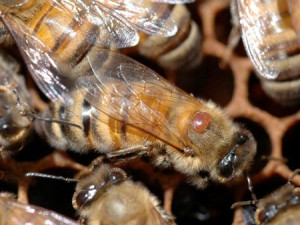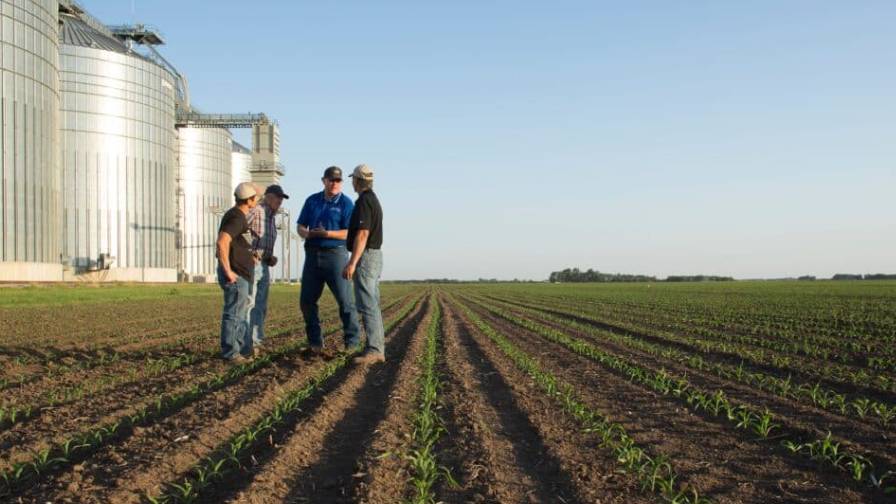Bayer, Others Implicate Varroa Mites In Overwintering Bee Losses
Honey bees are essential to the world’s agricultural system and food supply. More than a quarter of the food produced in the U.S. is dependent upon honey bees because of their efficiency and utility as pollinators. Although colony losses are typically expected following the winter season, experts have expressed concerns about the severity of this winter‘s colony losses.
University and government scientists, beekeepers and other bee experts attributed this year’s possible higher losses to an increased presence of Varroa mites. The Varroa mite is a parasite that feeds on the blood of honey bees and reproduces on the developing bee brood. An increased Varroa mite infestation weakens bees and could lead to a devastating colony loss during the stressful wintering period. Overwintering losses are not discernable until the following spring.
Bayer CropScience recently developed a research brief and video on overwintering losses as part of Bayer’s Bee Care Program in order to inform and educate beekeepers, farmers and others interested in engaging in the conversation on bee health. Bayer has established one Bee Care Center dedicated to improving the understanding and health of pollinators, located in Monheim, Germany, and is currently building another Center in Research Triangle Park, NC. The Bayer Bee Care Centers, an essential element in the Program, will host research focused on integrated management of the multiple causes affecting bee health, including parasites, such as the Varroa mite.
Bayer is committed to environmental stewardship and sustainable agricultural practices, including the protection of beneficial insects such as honey bees. For additional information and background on other sustainability initiatives visit http://www.bayercropscience.us/our-commitment/bayer-initiatives.






